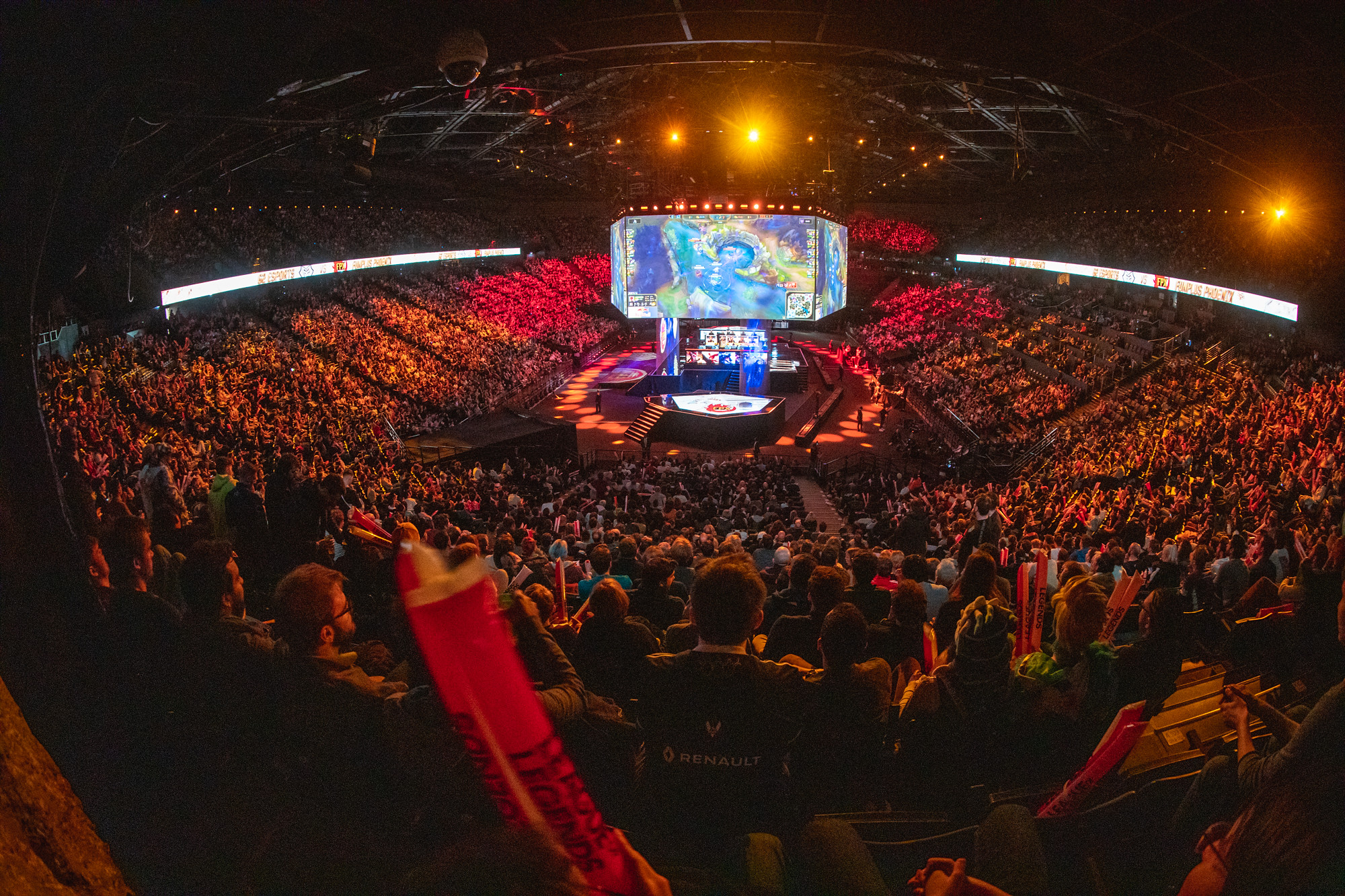E-sports revenue in China grew 25% year-on-year to reach RMB 117.5 billion (USD 16.6 billion) in 2019, boosted by official recognition of the sector, according to iResearch Consulting Group.
The Shanghai-based research firm reported that e-sports revenue, including income generated by games, tournaments and merchandising, passed the RMB 100 billion milestone for the first time. The market is expected to rake in more than 165.1 RMB billion in revenue by 2021.
Rapid growth of e-sports in China is an example of the convergence of online gaming and livestreaming—two prominent pillars of digital life in China—with companies and the public sector alike looking to the lucrative new sector for growth.
“With e-sports players becoming a government-recognized profession and yet another Chinese e-sports club winning the League of Legends World Championship 2019, the government, investors, and brands have been devoting more care and enthusiasm to the e-sports industry,” iResearch said in the report.
While the bulk of the revenue is generated by e-sports games themselves, that is changing. Mobile games and PC games accounted for 47.2% and 24.7% of total revenue, respectively, but revenue generated by the ecosystem, including advertising and merchandising, currently accounts for 24.7% and is on track to account for one-third of the market by 2021.
The report said there were 470 million e-sports consumers in China, defined as anyone who has watched at least one e-sports game within a six-month period—and about 76% of those are male.
But regulation has been an obstacle to growth, with Beijing tightening the game approval process and mandating strict anti-addiction measures by limiting play time and spending limits for underage gamers.
Read this: This media startup is dedicated to Asia’s e-sports scene 24/7
Under a new law passed last year, users under 18 years of age are banned from playing games for more than 90 minutes each day. On holidays, the play time limit is extended to three hours. Underage gamers are also banned from playing games before 8:00 a.m. and after 10:00 p.m.
Spending is banned for gamers under eight years of age and capped at 200 yuan per month for players between the age of eight and 16, and 400 yuan for those between 16 and 18 years old.
Stricter regulation notwithstanding, government support for the sector was evident in 2019, iResearch noted. Local governments in Shanghai and Hainan have actively courted e-sports tournaments and encouraged gaming companies to host events and invest, while state media like People’s Daily actively covered e-sports last year.
